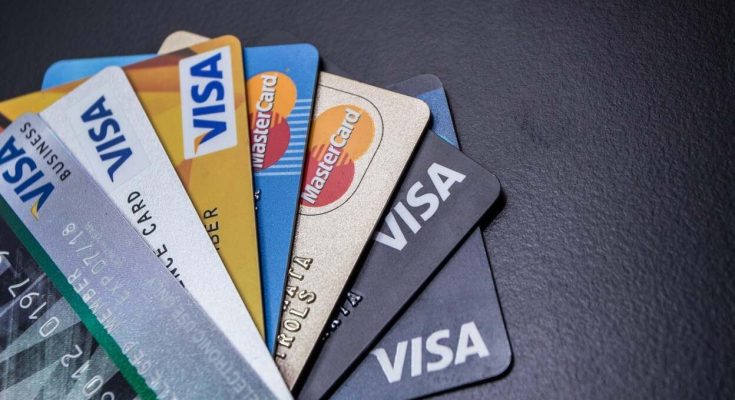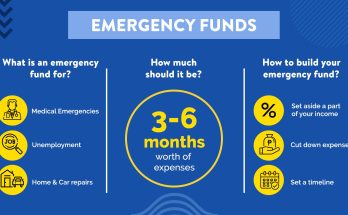For many people, credit cards represent a slippery slope into financial trouble. The ease of swiping, the illusion of unlimited purchasing power, and the complexity of interest rates can combine to create a dangerous cocktail. But the truth is, credit cards are not inherently harmful. When used correctly, they can be an incredibly useful financial tool, offering convenience, rewards, and the opportunity to build a strong credit profile. The challenge isn’t in owning a credit card—it’s in learning how to manage it without falling into the debt trap.
The first and most fundamental mindset shift when it comes to credit cards is treating them like a debit card with benefits, not like free money. It’s easy to see a high credit limit and assume it represents available funds, but that’s where many people go wrong. Instead, it’s smarter to view your credit card as a payment method rather than a loan. In other words, only charge what you know you can afford to pay off in full when the bill arrives. This approach not only keeps your spending in check but also helps you avoid the interest charges that typically make credit card debt so expensive.
Timing is another key factor. Understanding your billing cycle can give you an edge in managing your payments effectively. Each month, your card issuer sets a closing date for your billing period, and a due date for your payment. If you make a purchase right after the closing date, you could have nearly a full month before the payment is due. That gives you time to budget for the expense and ensure the funds are available. Planning purchases with your billing cycle in mind helps spread out your expenses without ever carrying a balance.
Consistency in payment is also crucial. Making the minimum payment might keep your account in good standing, but it opens the door to long-term debt accumulation. Even a relatively small balance can become burdensome once interest compounds over several months. Prioritizing full payments each month is the single most effective way to stay out of debt. This habit not only preserves your financial health but also positively impacts your credit score, which rewards on-time, full payments over time.
Self-discipline plays a vital role as well. It’s easy to convince yourself that certain purchases are necessary or that you’ll make up for a big charge next month. But those justifications often lead to overspending. One strategy that works well is pre-budgeting your credit card expenses. If you know you typically spend $300 a month on groceries, commit to only using your card for that category and amount. By linking your spending directly to a budget you already adhere to, you’re less likely to make impulsive decisions that result in debt.
Another practical consideration is to limit the number of cards you actively use. While having multiple cards can benefit your credit score by improving your credit utilization ratio, too many open accounts can also complicate your financial tracking. Spreading your expenses over several cards increases the risk of missing a payment or losing sight of how much you’ve spent in total. Sticking to one or two cards you manage closely often leads to better control and fewer surprises.
It’s also important to be honest with yourself about your spending tendencies. If you know you’re someone who shops emotionally or frequently gives in to impulsive buys, it might be wise to limit your exposure to temptation. Setting alerts for your spending thresholds, reviewing your statements regularly, and even using mobile apps that track your expenses can provide gentle but effective nudges to stay disciplined. Awareness is a powerful antidote to debt.
Moreover, don’t ignore the fine print. Many credit cards come with promotional offers or rewards programs that sound attractive on the surface, but they can encourage spending you wouldn’t otherwise do. Cashback offers, for example, are only truly valuable if you’re spending on items you already planned to buy. Charging unnecessary expenses just to earn rewards is a classic trap. In the long run, the interest you pay on those charges often outweighs the perks you earn.
Credit cards can also offer flexibility during emergencies, but it’s essential not to rely on them as your first line of defense. Building an emergency fund should come before leaning on credit. That way, when unexpected expenses arise, you have options that don’t involve high-interest debt. A credit card can still be useful for these moments—especially if you’re earning rewards or need purchase protection—but it shouldn’t be your default safety net.
Ultimately, avoiding credit card debt is about developing a mindset of control and awareness. It’s about using the tool with intent, not reaction. People often fall into debt not because of one large, reckless purchase, but due to the slow accumulation of small decisions made without a clear plan. A coffee here, a meal out there, a few extra clicks on an online sale—before long, the balance balloons into something unmanageable. But with deliberate habits, strong budgeting, and a refusal to carry balances, it’s entirely possible to enjoy the benefits of credit cards without ever paying a cent in interest.
Financial health doesn’t require you to avoid credit—it just demands that you use it wisely. The difference between someone buried in credit card debt and someone using credit as a strategic financial tool often comes down to a handful of habits and the clarity to understand what the card is really meant to do. When you use a credit card with intention, discipline, and foresight, you’re not just avoiding debt—you’re taking control of your financial future.




